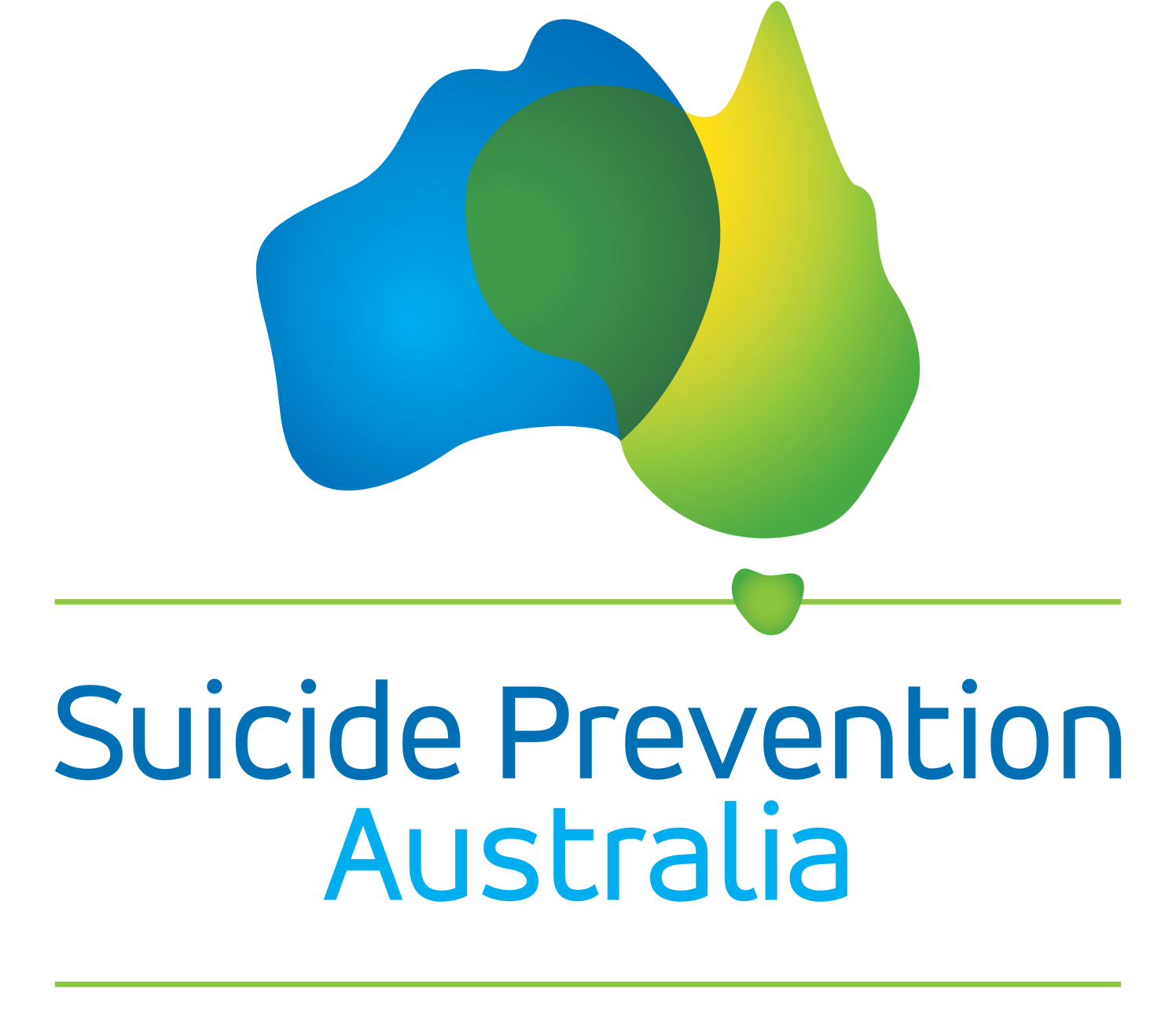Suicide Prevention Australia welcomes the appointment of Assistant Minister for Mental Health and Suicide Prevention, the Hon Emma McBride and the Minister for Health, the Hon Mark Butler to the ministry.
As the peak body for suicide prevention, Suicide Prevention Australia Acting CEO, Matthew McLean said, “We are looking forward to a productive working relationship focused on reducing distress and implementing key suicide prevention reforms.
“It is pleasing to see that suicide prevention is a focus for the Albanese Government.
“We know the risk of suicide rates are often highest two to three years after a crisis, pandemic or natural disaster. There are high levels of distress across our community.
“Now is a critical time for suicide prevention and it’s important that we continue on the path forward to save more lives.”
Mr McLean noted it was the Labor Gillard Government who first appointed a dedicated minister responsible for mental health and suicide prevention and that it was positive to see specific suicide prevention responsibilities in the new ministry.
“To genuinely address suicide prevention, we need to be focused on the upstream causes, the social determinants of suicide prevention. This requires attention on welfare support, employment, housing, social isolation and other areas.
“We would like to see suicide prevention elevated to cabinet and a priority across portfolios. Our focus is to ensure this happens and we will work closely with Assistant Minister McBride and Minister Butler to deliver on outcomes and elevate suicide prevention to the highest levels of government.
“The appointment of the Assistant Minister for Mental Health and Suicide Prevention puts us a step closer to ensuring every government decision makes a positive contribution to reducing suicide rates, and preventing them getting worse.
“We’ve now seen both Coalition and Labor Governments include suicide prevention in their ministries. Bi-partisan, long-lasting support is key to drive systemic change.
“While there has been some positive progress over the last couple of years, there’s much more to be done in the months and years to come. We can’t take our foot off the pedal and now is the time to double-down on early progress.
“The Final Advice of the Prime Minister’s National Suicide Prevention Adviser, which was handed down over 12 months ago, outlined major and lasting reforms that are needed to deliver a connected and compassionate suicide prevention system. As we’ve outlined in our report “Unfinished Business” some recommendations have been implemented but there is a long way to go,” said Mr McLean.
Over 45 suicide prevention organisations and suicide prevention leaders representing over 60,000 workers and volunteers called on all parties to fully implement the Final Advice.
“Implementation matters and it’s time to keep on with it. All recommendations from the Final Advice must be fully implemented.
“We are hoping that with this new appointment, the Albanese Government can accelerate progress and deliver on national, structural and much-needed reform at a time when our community needs it most,” said Mr McLean.
ENDS
To get help 24/7, phone Lifeline on 13 11 14 or the Suicide Call Back Service on 1300 659 467. If you or someone you know are in immediate danger, phone 000 for emergency services.
Help to report about suicide safely is available online: Go to https://mindframe.org.au/
Media enquiries:
Clare Kinsella 0427 689 689 or clarek@suicidepreventionaust.org
Amelia Banks 0410 591 134 or ameliab@suicidepreventionaust.org
About Suicide Prevention Australia
Suicide Prevention Australia is the national peak body and we’ve been providing support for Australia’s suicide prevention sector for more than 25 years. We support and advocate for our members to drive continual improvement in suicide prevention policy, programs and services. Our reach is broad, including member organisations, governments, businesses, researchers, practitioners and those with lived experience. We are focused on an integrated approach to suicide prevention encompassing mental health, social, economic and community factors. We believe that through collaborative effort and shared purpose, we can achieve our vision of a world without suicide.
